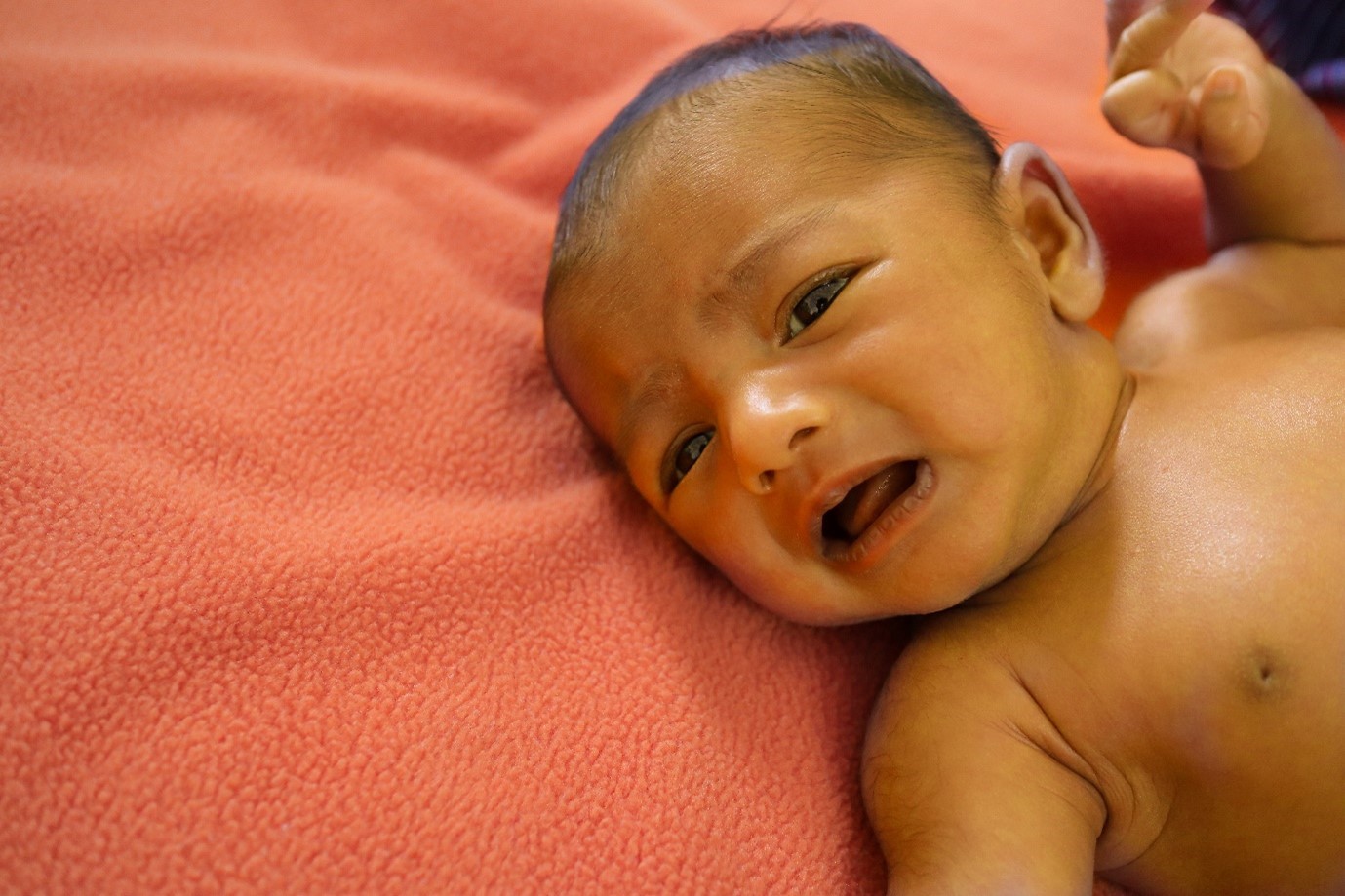What Is Neonatal Jaundice?
Neonatal jaundice occurs when a newborn’s bilirubin levels are too high, resulting in yellowing of the skin and eyes.
Since newborns often have underdeveloped livers, they may struggle to process and remove bilirubin efficiently, leading to this condition.
Why Does Jaundice Happen in Newborns?
Several factors contribute to neonatal jaundice:
- Physiological Jaundice: The most common type appears within a few days of birth as the baby’s liver matures. It typically resolves on its own within 1 to 2 weeks.
- Breastfeeding Jaundice: It occurs when the baby isn’t feeding well, leading to dehydration or insufficient nutrition, which can raise bilirubin levels.
- Breast Milk Jaundice: This condition occurs after the first week and is related to substances in breast milk that interfere with bilirubin processing. It usually resolves within a few weeks.
- Haemolytic Jaundice: A less common type caused by blood type incompatibility between mother and baby, leading to rapid red blood cell breakdown.
- Other Medical Issues: Rarely, jaundice may be linked to infections, liver issues, or genetic disorders.
What are the Signs of Neonatal Jaundice?
Jaundice is most easily recognized by the yellowing of the baby’s skin and eyes, starting at the face and potentially spreading to the chest and abdomen.
Additional signs include:
- Dark Yellow Urine: Urine that’s darker than usual.
- Pale Stools: Light-coloured stools can also indicate jaundice.
How is Jaundice Diagnosed and Treated?
Jaundice is typically diagnosed through a physical exam and, if needed, a blood test to check bilirubin levels.
Treatment options depend upon how severe the condition is.
- Phototherapy: A standard treatment where the baby is placed under unique lights to break down excess bilirubin.
- Frequent Feeding: Increasing feeding sessions can help reduce bilirubin levels for breastfeeding jaundice.
- Exchange Transfusion: In severe cases, the baby’s blood may be replaced with fresh blood to rapidly lower bilirubin levels.
When Should You Consult a Doctor?
Although mild jaundice often resolves on its own, it’s essential to seek medical attention if:
- Jaundice may become visible within the first 24 hours following birth.
- The yellowing worsens or doesn’t improve within a week.
- Your baby is excessively sleepy, not feeding well, or shows other worrisome signs.
At Yashshree Hospital, we understand that your baby’s health is your top priority. Our expert paediatric team is here to provide the best care and guidance for your newborn. If you notice any signs of jaundice, contact Yashshree Hospital today for prompt evaluation and treatment.


